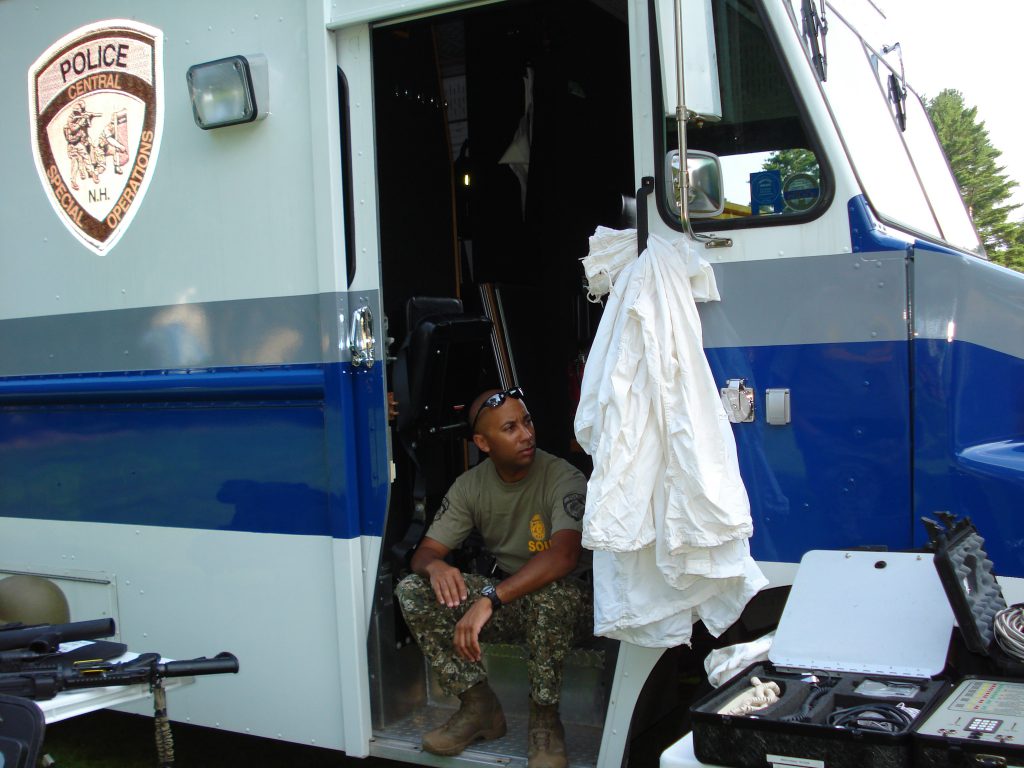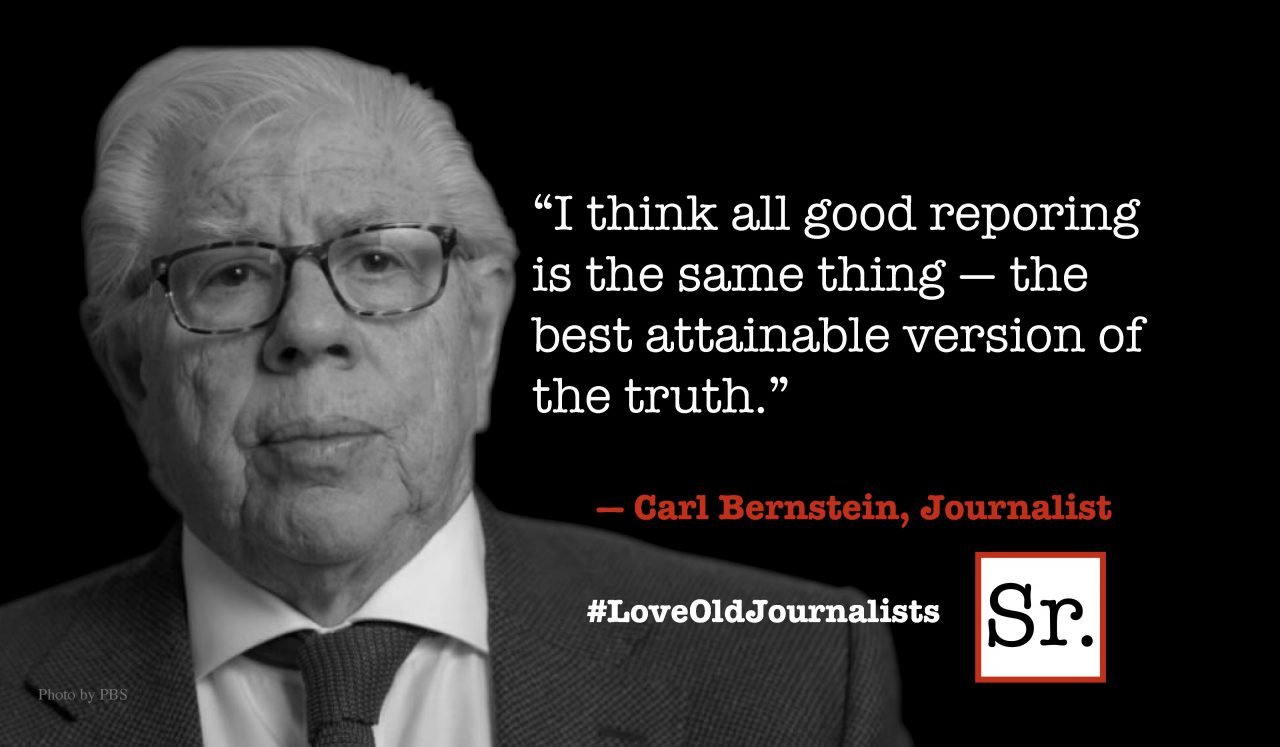…I think I will pack up now and move on,
out of this sincere and moving place
at the edge of the earth where it loses its foothold,
jags off into the sky,
and affords blessings too many to count,
and trust the Peregrine [Falcon] will hatch and fledge,
renew herself, and feed her young.
~from Pine Mountain, Robert C. Vallieres
Robert C. Vallieres is a poet, sketch artist, bird watcher, raptor rehabilitator ecological warrior, husband and father; he is also a disabled Gulf War veteran still suffering the internal scars of a war long past. This is his story, his vivid and compassionately life affirming account of his struggles to overcome adversity and depression while seeking to discover a new purpose, his “new normal” in his life. Fighting off brain and neck injuries as well as depression and thoughts of suicide, Robert found no solace or comfort in his constant and daily battles with pain, brain confusion and his inability to function normally in his own body. The persistent pain, on an emotional and physical level, was always present as he suffered through countless bouts of loneliness and depression even amongst family and mulled over suicide more than once. Worse, a regular job was unattainable for him now.
With no immediate answers in sight, and becoming increasingly angry and confused, he stumbled forward one step at a time, one day at a time, one depressing, suicidal thought at a time. His struggle to find his "new normal" after serving in Kuwait and coming home injured then discharged from the Army as permanently disabled only added to the aftershock of his life struggles to come.
After years of clinic visits, bottles of painkillers, and behavior modification pills, hope seemed to vanish for Robert. Until one day mindlessly flipping through a local weekly newspaper, an ad caught his eye: a bird-watching trip to the majestic White Mountains of New Hampshire. Robert, a fan of anything nature related, immediately thought of the line from one of his favorite Emily Dickinson poems: "Hope is the thing with feathers that perches in the soul, and sings the tune-without the words, and never stops at all." Always a fan of the great outdoors but more from a fisherman perspective, Robert shared this ad with his wife Carol. She immediately said to him “Go, Robert; just sign up and go. It [the bird trip] will at least get you out of the house.”
So, Robert did just that, called and signed up, went birding and came home again, and the rest, as they say, is history. Life changed course for Robert and the birds and his wife’s urging take all the credit!
What happened on that trip is nothing short of miraculous. Robert, for the first time in many years, saw a way out of his half lived existence. He came face to face with a life worth living — a future to call his own — a future fixed against a far horizon shadowed against a bright blue sky, with deeply etched dark cliff faces harboring his healing grace.
Looking up into a limitless roof of blue sky, instead of down into the bush where all the other participants were looking fervently for a small brown bird, Robert scanned heavenward and saw it, a large, swift flying bird banking steeply, swooping in and out of sight on scythe like wings. He watched it cut the air in precision-tight moves and without warning of any kind bang into another, slightly smaller bird, grasping it feet first around the hapless capture’s neck. Robert was riveted, stunned into speechless wonder as he watched the predator carry away its prey, wings still flapping, life ebbing but still hoping it could get away.
This single event, witnessed first-hand, turned Robert’s life around. He realized he still had life to live. He could repurpose himself, and instead of being captured prey, he could open the door of his soul, free himself from himself, no longer held prisoner to what was but a man in pursuit of happiness beyond the cage of physical being. He was the only one that day that witnessed this grand life and death struggle; the only one of the group of birders looking up instead of down; outward to heal inward; to find his soul mate in the black and steely gray of a Peregrine Falcon. As Robert recounts many times “It’s the bird that gave me back my reason for living.”
Robert’s journey with his mentor, the Peregrine Falcon, gave him the confidence to boldly step out to a place and time he never wanted to go to again — back to the future — and he agreed to co-author a book about his war injuries, the aftermath of pain and suffering, and his journey to the ultimate realization that to live with pain one must live beyond the physicality of it and find “a something” that allows that to happen.
Wounded Warriors A Soldier’s Story of Healing through Birds is a seminal achievement for Robert, who along co-author, Jacquelyn “Jackie” Howard, an environmental management specialist, naturalist, avian field biologist, and writer, whom he met ad hoc via a New Hampshire Public Television Documentary entitled “Journey of the Broad Winged Hawk, can attest to the catharsis, ultimate liberation, and elevation of bodily pain from life threatening to life healing and all because of a bird who captured prey one spring day in the mountains and that led to the writing of this book, Robert’s truth out of pain.
Robert and Jackie were exceptionally blessed to have Cynthia “Cindy” Parsons write the Foreword to the book. Cindy, a spokesperson for ‘Warriors Speaks’, a division of the Wounded Warriors Project, is a full-time caregiver for her son, Sergeant Shane Parsons, a double amputee with a traumatic brain injury. Says Cindy, “I'm happy to report that Shane has been making significant progress in his overall recovery through sheer determination to be the best he can be.” Shane also had a healing and recovery due to birds while he was in rehab at a Midwest veteran’s hospital. Every few weeks during his many months of painful and physically challenging therapy, a Vietnam veteran and bird rehabilitation specialist would visit Shane privately, bringing an injured Bald Eagle with him. Per Cindy, these visits made all the difference in alleviating Shane’s deep depression and severe emotional trauma. By the time Shane was released, he had a new attitude and fighting spirit to live and to be a witness to the healing power of life and all it has to offer, including wounded birds, wounded veterans and the strength of human connections.
As Robert alluded to in the Preface “You lose things when you go to war — especially when you come back missing things like part of your brain and the whole left ventricle of your heart.” [But] I’ve found my way and through the a world where the philosophy of Thoreau is played out on a gravity-defying stage, where hollow bones covered in feathers float effortlessly against a roofless sky. I’m immersed in birds. This [book] is the story of my road less traveled, the road that has made all the difference.” And he offers all of us the opportunity to “turn the pages of this book and follow the birds to your own healing, recovery and redemption.”
And so it became a reality — a book chronically Robert’s, continuing recovery and road to healing was borne. Wounded Warriors: A Soldier’s Story of Healing Through Birds is Robert Vallieres self-healing story of overcoming crippling "invisible" wounds through the help of birds.
The problems of invisible wounds, whether from emotional incapacity from TBI and PTSD or from physical loss such as missing limbs and bodily function, do not have definitive solutions. Robert's story of recovery offers a singular story of hope to the untold thousands of our wounded and disabled veterans who oft times suffer silently and alone, a story unfolded on the “the wings and prayers” of birds, surrounded by nature’s bounty and capped by a rock solid faith as abiding and mysterious as the sharp and hidden granite crags where the Peregrine Falcon lurks. With the support of family, he stepped out into a new world of discovery, internally and externally, and it truly has made all the difference taking a road not just less traveled but never before traveled by him.
As New Hampshire Public Television producer, Phil Vaughan, stated, "While filming with Robert Vallieres for the New Hampshire Public Television documentary "Journey of the Broad-Winged Hawks", I felt a sincere sense of peace that birds brought to him and a belief that other wounded veterans could begin healing simply by observing the beauty of birds that live among them."
Another comment, this from renown avian scientist, Panamanian bird authority and current curator of exhibits at the Panama Museum of Biodiversity and author of The Birds of Panama: A Field Guide said, George R. Angehr, PhD, "Birds are some of the most charismatic of nature's creatures. They inspire and delight us with their colors and their grace…Wounded Warriors [A Soldier’s Story of Healing Through Birds] reveals just how effective birding can be uplifting and healing the spirit after physical and emotional trauma."
And this from Sergeant First Class Frances Hinton, Iraq War veteran and ARNG Medical Readiness Representative “I salute Mr. Vallieres for what he has done for our military community by coming forth and sharing his incredible story of self-healing through birds.”
These profound statements by leading experts on birding and medical readiness serve as a testimony to the authenticity of the program. This book and the messages above need to be shared with Americans who sincerely want to see a better quality of life for our defenders of freedom.
As an outgrowth of the book and its message, Jackie and Robert, along with support from the New Hampshire Veteran’s Home, Senator Kelly Ayotte, and former Senator and retired US Army Guard Colonel, Scott Brown, a vet to vet outreach program called Healing Through Birds was unveiled on October 23, 2014. Many local firms donated equipment and supplies to the Vet Home including binoculars from Bass Pro Shops, a stunning all Granite Bird Bath from Swenson Granite, Bird Feeders and Bird Feed from Duncraft Bird Supplies and a Bird Identification Guide from Gibson’s Books. The support has been amazing and interest continues to grow in this low cost, high impact program that is both practical and easy to implement.
From his encounters with this elusive, powerful and tenacious symbol of perseverance and strength, Robert was able to understand his own self better and was motivated to soar deeply inside himself to find healing grace, to retain his grasp on life and living. Robert and Jackie have shown through their combined passion and love for our men and women veterans that hope truly springs eternal, that nothing is impossible only improbable, and that in the intersection of those words lies the truth of “why things happen the way they do.”
Their motto moving forward is “Leave no Veteran Behind.” And, never shall we leave a single veteran behind, wounded or not as long as Robert, as well as Jackie, brings his recipe of healing grace to those veterans in need of just looking outside their window and observing what flies by. Through him birds and bird watching have become a veritable moving feast of color, movement, and joy; an indomitable spirit of life lifted up.
 Use of Force:
Use of Force:








